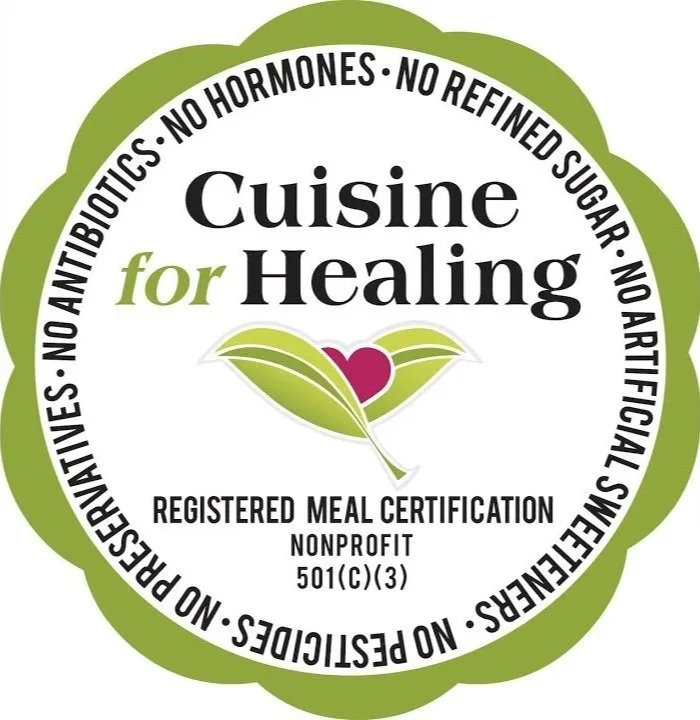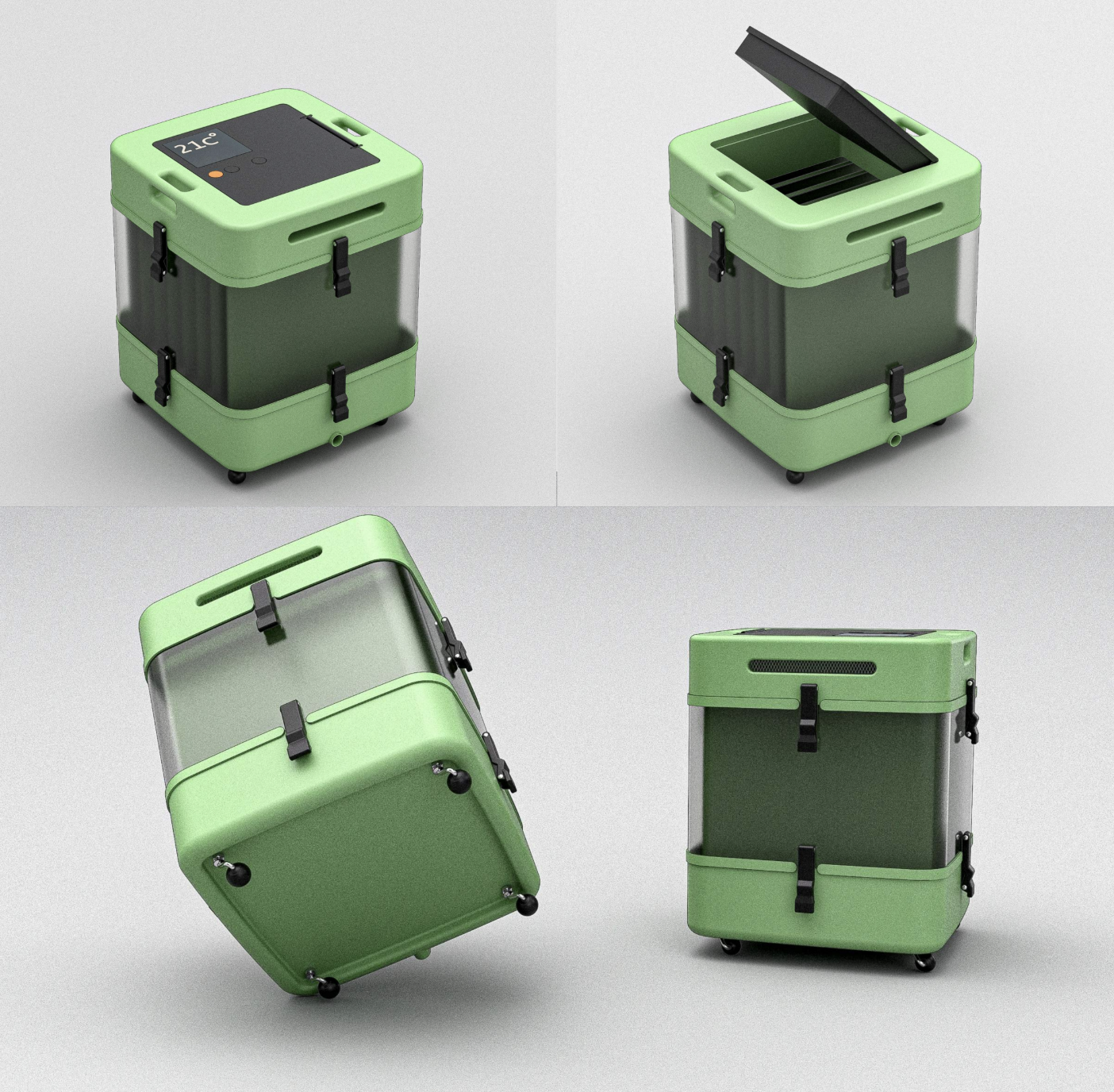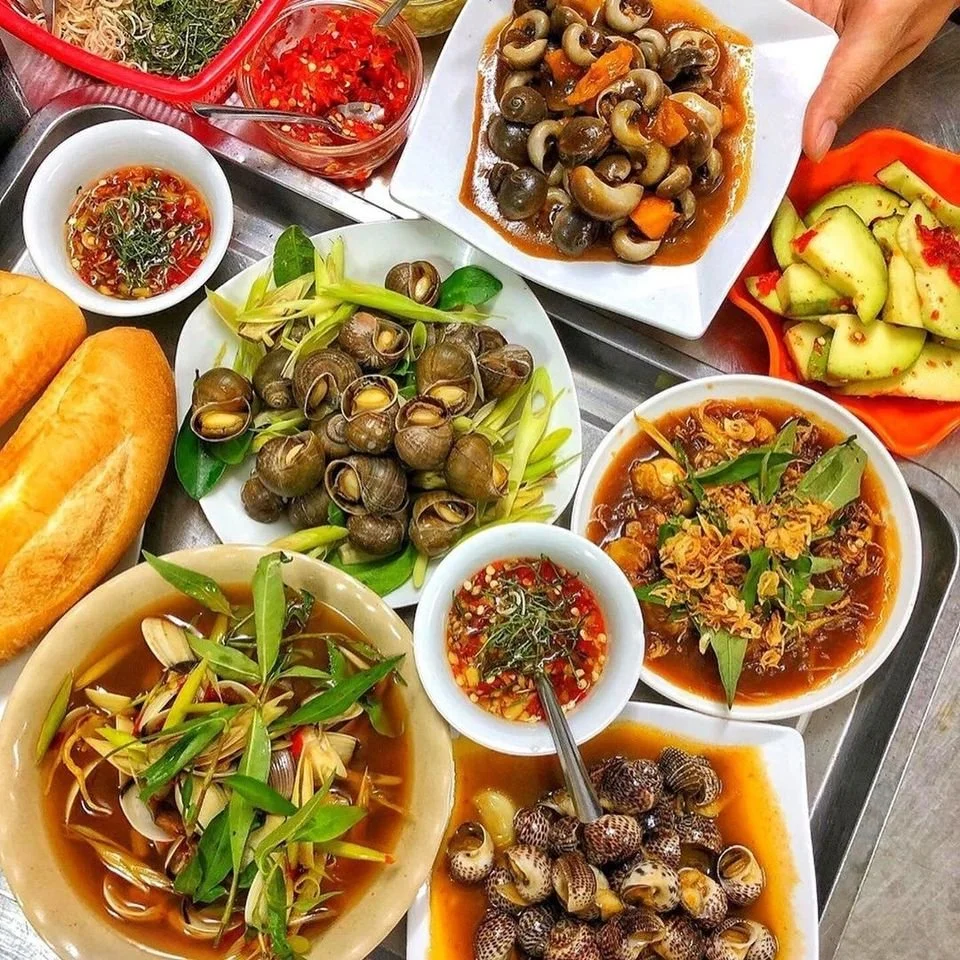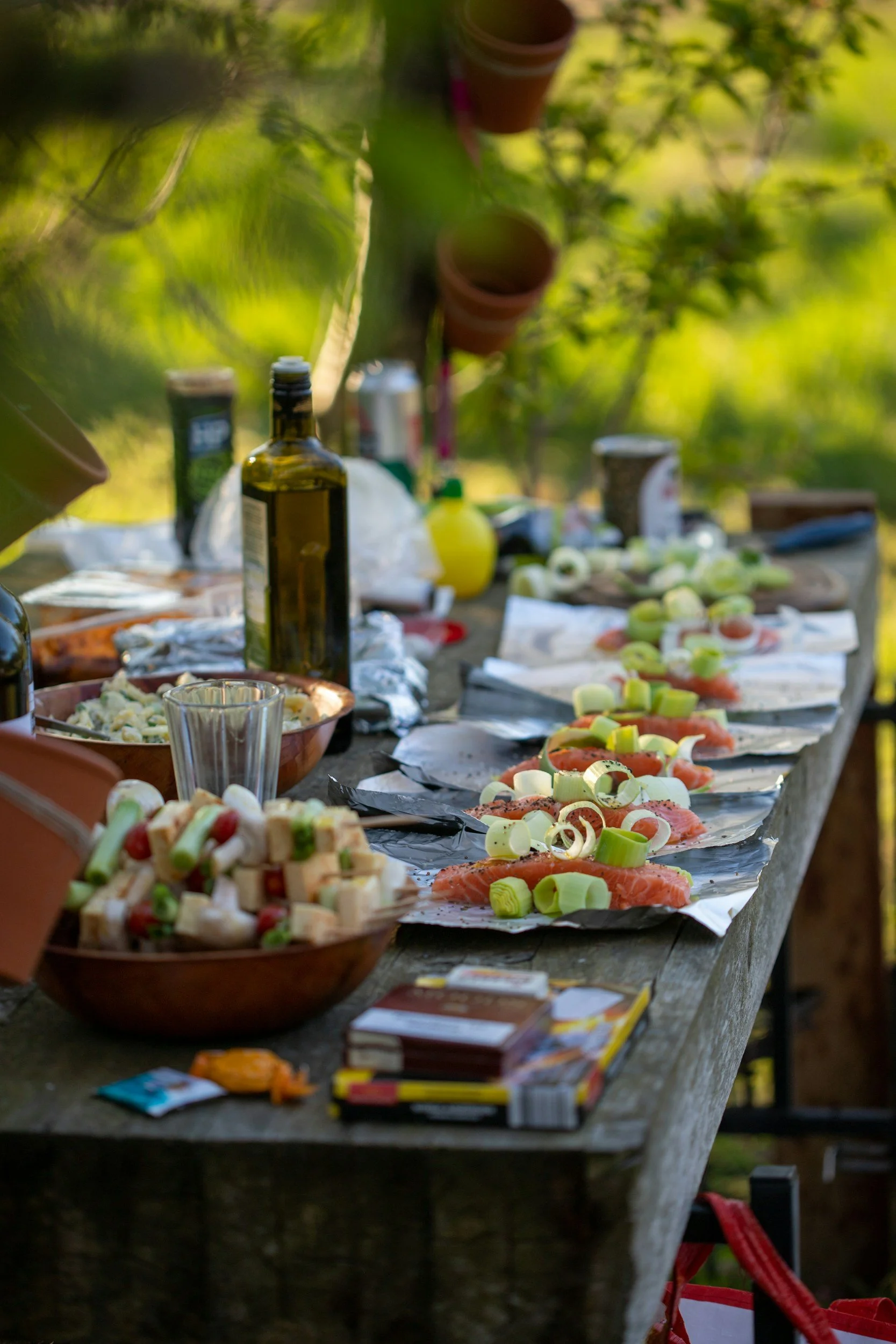🌎 Thank you, Simon Littlewood, for our EarthShot Prize nomination! 🐌
🤝HHH is an Autodesk Pro Bono Consulting partner, supporting technical design, prototyping, and systems optimization ✅
🌎 Thank you, Simon Littlewood, for our EarthShot Prize nomination! 🐌 🤝HHH is an Autodesk Pro Bono Consulting partner, supporting technical design, prototyping, and systems optimization ✅

Go! Go! EscarGrow™!
Let’s Shell-a-brate!

Snails, Science, and the Crown: EscarGrow™ Nominated for Earthshot Prize
Last week, HHH Executive Director, Ozi Manning was officially nominated for the prestigious Earthshot Prize for her leadership on EscarGrow™.

Welcome, Omar Gallaga, to the HHH Advisory Circle
🐌 We’re thrilled to welcome journalist, storyteller, and longtime Austin creative Omar Gallaga to the HHH Advisory Circle. Known for his work with NPR, the Austin American-Statesman, and the Latino Comedy Project, Omar brings systems-thinking, humor, and heart to every story he tells. He’ll sharpen how we speak to the world; grounding this wild, snail-powered work in clarity, curiosity, and community.

EscarGrow™ Mini: Early Interest Survey
EscarGrow™ is a snail-powered composting, micromanufacturing, and education system designed for climate-literate futures. If you're in sustainability, education, agtech, or circular innovation, we’d love your input — take our 3-minute Early Interest Survey

OPEN CALL: DFW Manufacturing and Prototyping
Calling DFW-area fabricators, manufacturers, and prototypers to join Helical Healing Habitat in creating EscarGrow™ Mini. Place your bid.

How EscarGrow™ compares: regenerative learning, micro-manufacturing & infinite impact
EscarGrow™ is a complete, student-powered ecosystem for regenerative food, meaningful STEM, and micro-manufacturing. See how it leaves competitors behind and inspires true circular innovation in every school and community.

Snail nation
Demand for escargot and snail products is currently surging worldwide; but U.S. infrastructure is lagging. What does the data say about escargot consumption, who’s driving it, and why EscarGrow™ is the circular innovation you shouldn’t ignore.

Partner spotlight: Welcome, Cuisine for Healing!
We’re honored to announce our partnership with Cuisine for Healing—a trailblazer in making food as medicine accessible to all. Their kitchen has long nourished bodies; now we’re joining hands to nourish systems, too.
From regenerative composting to culturally relevant nutrition, this collaboration is about designing a future where healing is built into the infrastructure.
💚 Thank you to the Cuisine for Healing team.

Go! Go! EscarGrow™!
Between rising food costs and opaque supply chains, communities need circular tools that work right now—not in 2042. EscarGrow, Helical Healing Habitat’s patent-pending smart snail farm, delivers compost, escargot, and mucin-based byproducts in a sealed, smart, stackable unit.

Who’s really eating all these snails?
As a data scientist, I crunched the numbers—turns out, consumers aren’t rare. From Nigerian kitchens to Korean skincare aisles, escargot is booming in Texas and beyond. EscarGrow meets a demand that already exists. Here's the data to prove it.

The Christopher Reynolds Foundation backs first-ever snail-powered composter
Helical Healing Habitat receives early funding from the Christopher Reynolds Foundation, making it possible to patent its groundbreaking BioCycle Hub and EscarGrow systems—modular, snail-powered composting innovations turning food waste into soil, escargot, and education.

🍴 From Kitchen to Community: How Restaurants Can Power Regeneration
Stop tossing potential. Discover how your restaurant’s food scraps can become compost, clean protein, and community power through the BioCycle Hub.

From Overgrazed to Regenerative: Boost your margins. Heal your land. One cycle at a time.
Industrial cattle operations are under pressure—from drought, soil depletion, and market volatility. The BioCycle Hub isn’t here to replace your herd. It’s here to restore your soil, diversify your income, and reduce your operational waste.

So . . . what do escargot taste like?
What does escargot actually taste like? It’s not slimy, and it’s definitely not boring. Escargot offer a tender, savory bite that shifts with how they’re cooked—from buttery and delicate to smoky, spiced, or stewed. Whether you’re curious or committed, here’s your crash course on the flavor and texture of a versatile delicacy.

What we waste could be what saves us
What if every apple core, garden scrap, and grocery cast-off could power a regenerative economy? Our system makes that future real—starting with snails and compost.

Scaling regeneration
Find out how Helix aspersa Müller; nature’s regenerative engineers could help scale your operation’s soil restoration through an innovative, mobile heliciculture unit called the BioCycle. Because escargot farming not only offers a scalable protein source and agribusiness model but also delivers measurable gains in land revitalization for farms depleted by industrial agriculture.


Italian-Style Escargot in Tomato Sauce
Dive into the world of gourmet snail cuisine with our fail-proof recipe for a cheesy, Italian-style Escargot in Tomato Sauce. Explore the versatility of snails in cooking and get a taste of what's to come in our soon-to-be-released fusion cookbook. This recipe will whet your appetite for the exciting possibilities in snail gastronomy.

Why Snails?!
Discover the nutritional advantages of snails as a protein source, the beauty benefits of snail mucin in skincare, and the sustainability of heliciculture.
